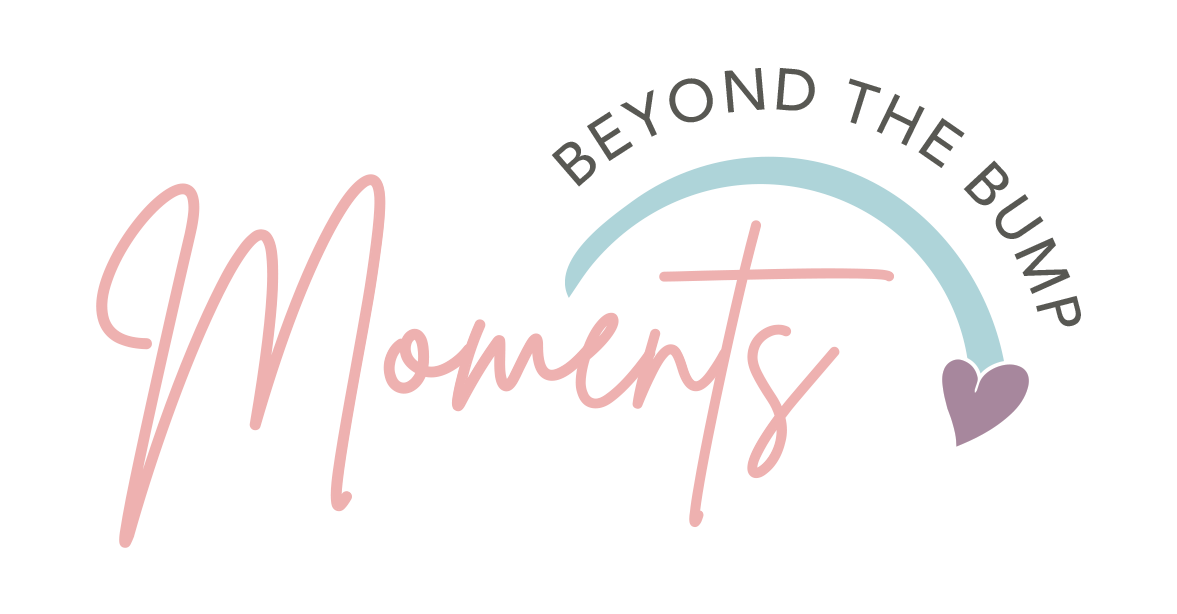Alcohol and sleep
Alcohol tends to be a popular place where people have a misconception about its effects on our sleep. I think what’s really tricky about it is because it is helpful on one hand, right?
A ton of historical movies, and TV shows tend to tell us that having a nightcap is somehow a good way to help us fall asleep for the night, and in some ways, that is true, but alcohol is very, very sneaky. We’re going to have a little bit of a deeper dive into why alcohol actually derails our night.
Stay with me... its about to get very science-y (as all sleep is)...
Alcohol will actually help you feel more sleepy so that you could potentially fall asleep quicker than you normally do, but the pros don’t outweigh the cons in this regard. It has a lot to do with alcohol’s powerful effect on our central nervous system. Once alcohol enters our bloodstream, usually it only takes about 20 minutes after a person’s had a drink for alcohol to be in the bloodstream, it can easily cross the blood-brain barrier and affect our brain cells, which are known as neurons.
Once it’s in the brain, alcohol targets protein molecules, mainly GABA receptors. GABA A receptors are present in about 80% of all the neurons in our brain. Under normal conditions with no alcohol at all, these neurons are the destination for GABA. GABA is a neurotransmitter, and works like a chemical messenger. Typically GABA binds to these GABA A receptors, and opens a channel that let’s chloride ions move inside of the neuron.
Once that chloron ion is inside the neuron, it acts like a light dimmer, and it slows down neuron firing. When the neuron firing is slowed down, or reduced, this is going to cause a feeling of relaxation, and sleepiness. When alcohol is there, it increases this whole process. It essentially speeds it up, which is why we feel even more relaxed, and even more sleepy when we have a drink or two.
Therein lies the problem. It’s helpful, right?
However, we know that during the first part of the night, the alcohol is going to affect the quality of our sleep in general, so it tends to increase non-REM sleep and decreases REM, interfering with your normal cycle.
The worst part of all is that four hours in, roughly, alcohol does something very tricky. The molecules in the brain cause GABA A to lose sensitivity both to the alcohol and to GABA itself. When that happens, the GABA A receptors move from the surface of the neuron to inside the neuron, where they begin to deteriorate.
Once GABA A receptors are inside the neuron, neither GABA or the alcohol can activate them, because they can’t get in anymore. There’s no way to let the chloride ions in and no way to slow down neural firing. Therefore, the neurons get excited, because there’s nothing in there to calm them down. They start to overfire. They start firing faster than usual.
Then guess what? Bingo. You’re awake.
The higher the dose of the alcohol and the closer to sleep time this all occurs is going to increase the byproducts. If you do fall back to sleep after this little wake up, it’s usually really shallow sleep, and if you’ve ever.
Who hasn’t had a night of drinking and then kind of realized it affected the quality of your sleep? You’ll notice that it’s very shallow sleep for those sort of last hours of the morning.
You’re going to have a lot more REM sleep. There’s also an increase in your dream recall, and it can provoke in some people nightmares. It can also increase our heart rate, and in some people, it can increase nighttime sweating.
Similar to caffeine, alcohol is going to effect everybody a little bit differently. Our response to alcohol has a lot to do with how we metabolize it, and that’s going to be different from person to person. On average, a person can metabolize about one glass of wine, spirits, or beer per hour, so that’s really why we don’t want to be drinking much closer than an hour before bedtime.
So I’ll reiterate… Alcohol is a tricky one because it is on one hand helpful, but it’s not worth it to ruin essentially half of your night.
Even if you go back to sleep, you’re not having good quality sleep once you’re there.
